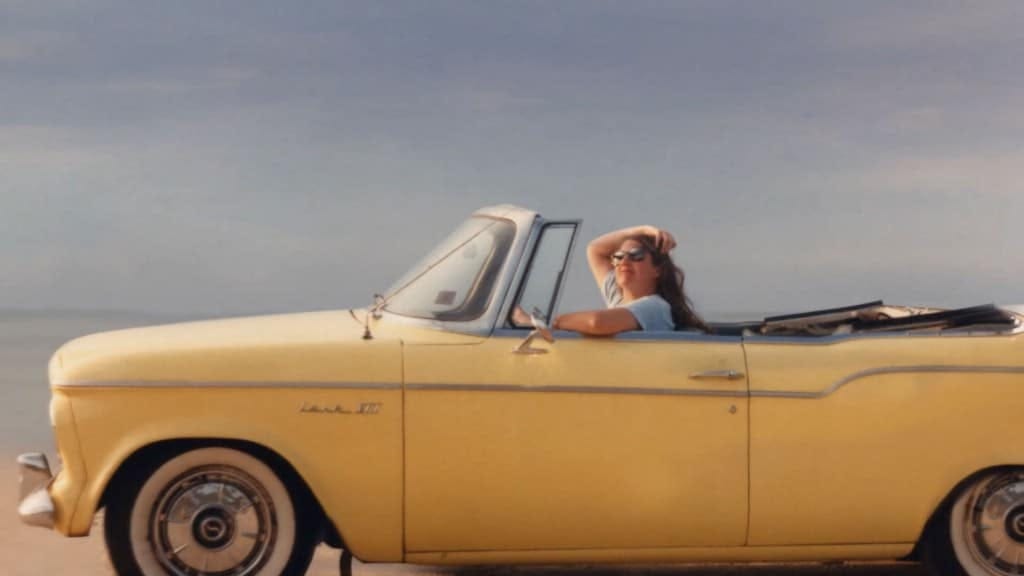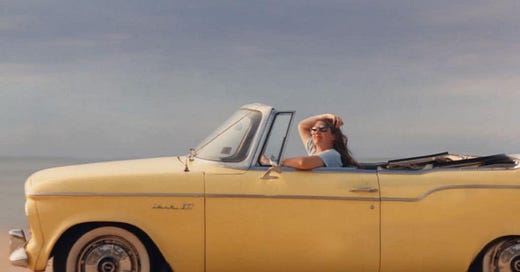‘God Knows Where I Am’ Finds the Emotional Pain of the Forgotten.
The directorial debut of Jedd and Todd Wider cobbles a somber portrait of a woman’s final days.

May 3, 2008, the body of Linda Bishop was discovered in an abandoned farmhouse in Concord, New Hampshire. Her legs draped across a heating vent on the floor, next to her corpse were a pair of sneakers, an ice scraper, some blankets, a pillow, and two notebooks…
Keep reading with a 7-day free trial
Subscribe to Nonfics to keep reading this post and get 7 days of free access to the full post archives.



